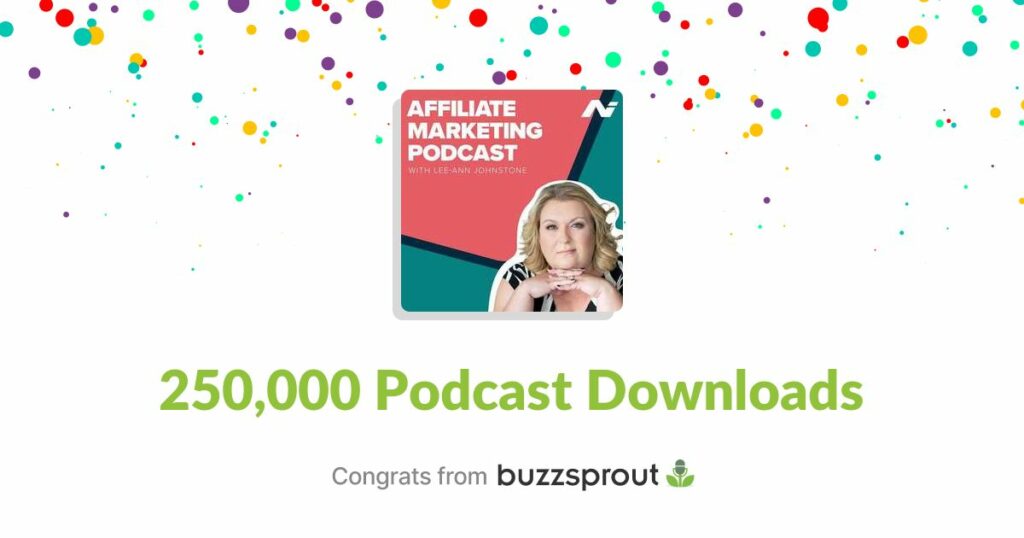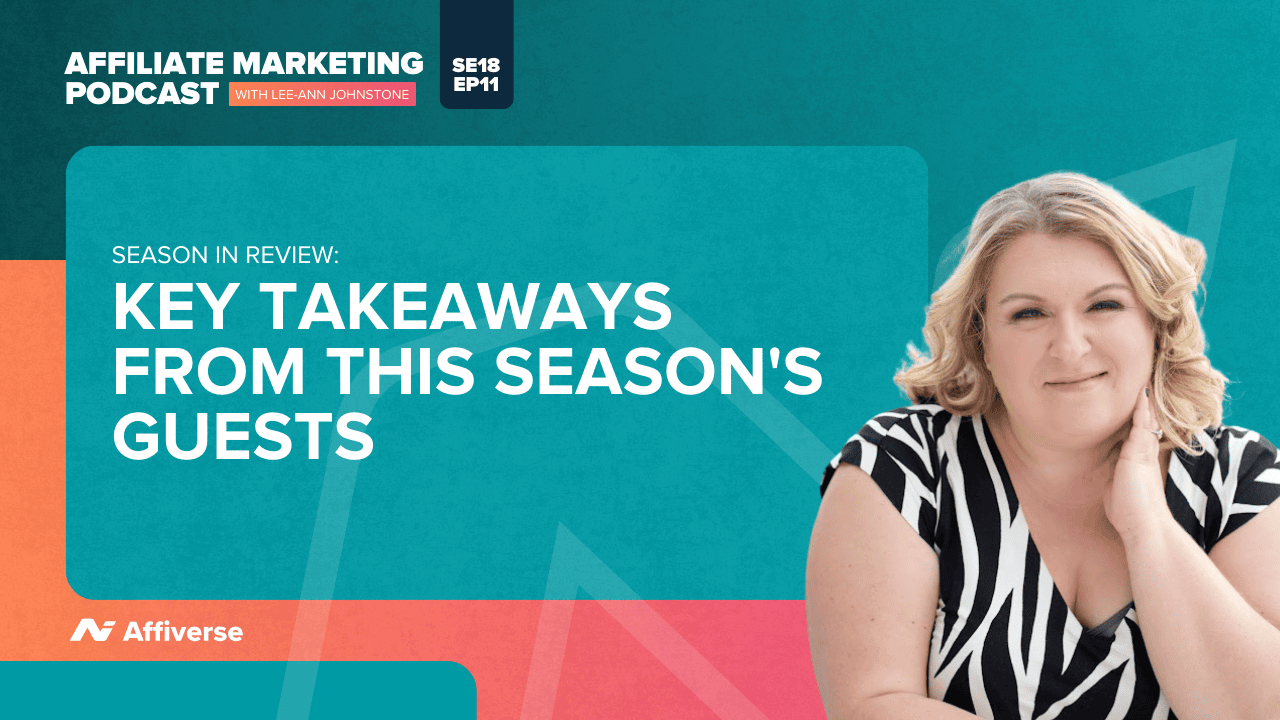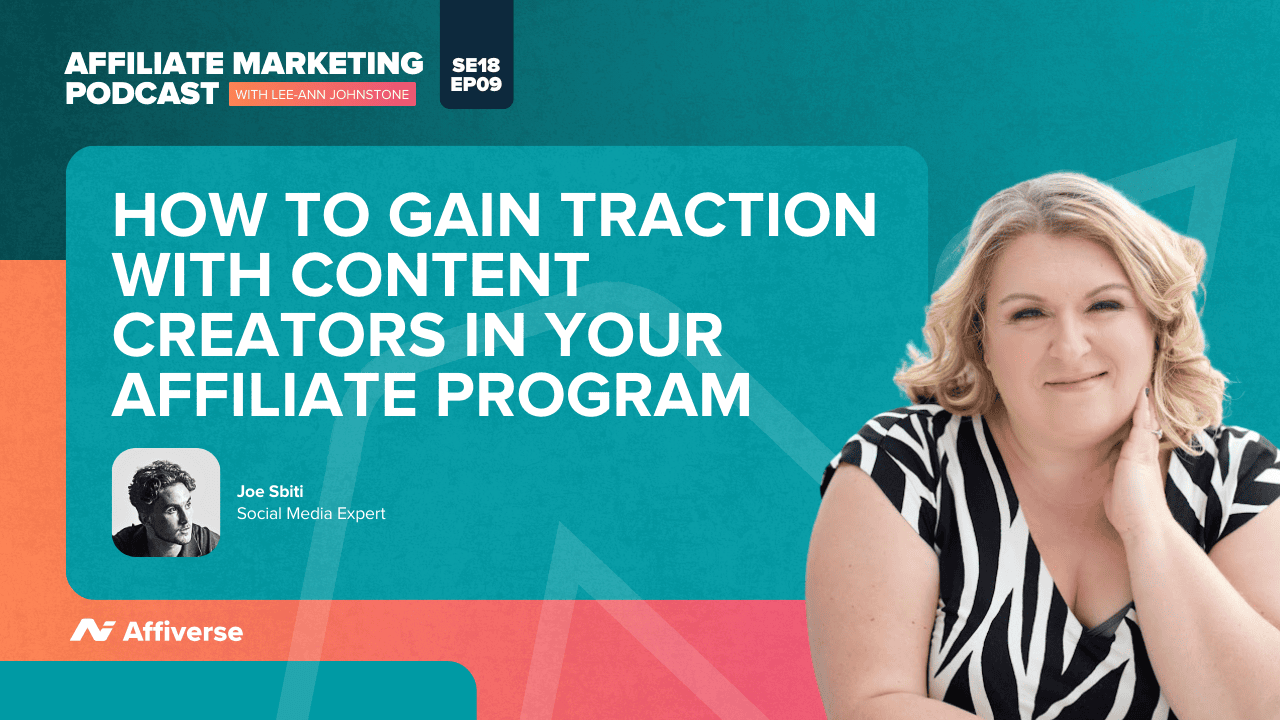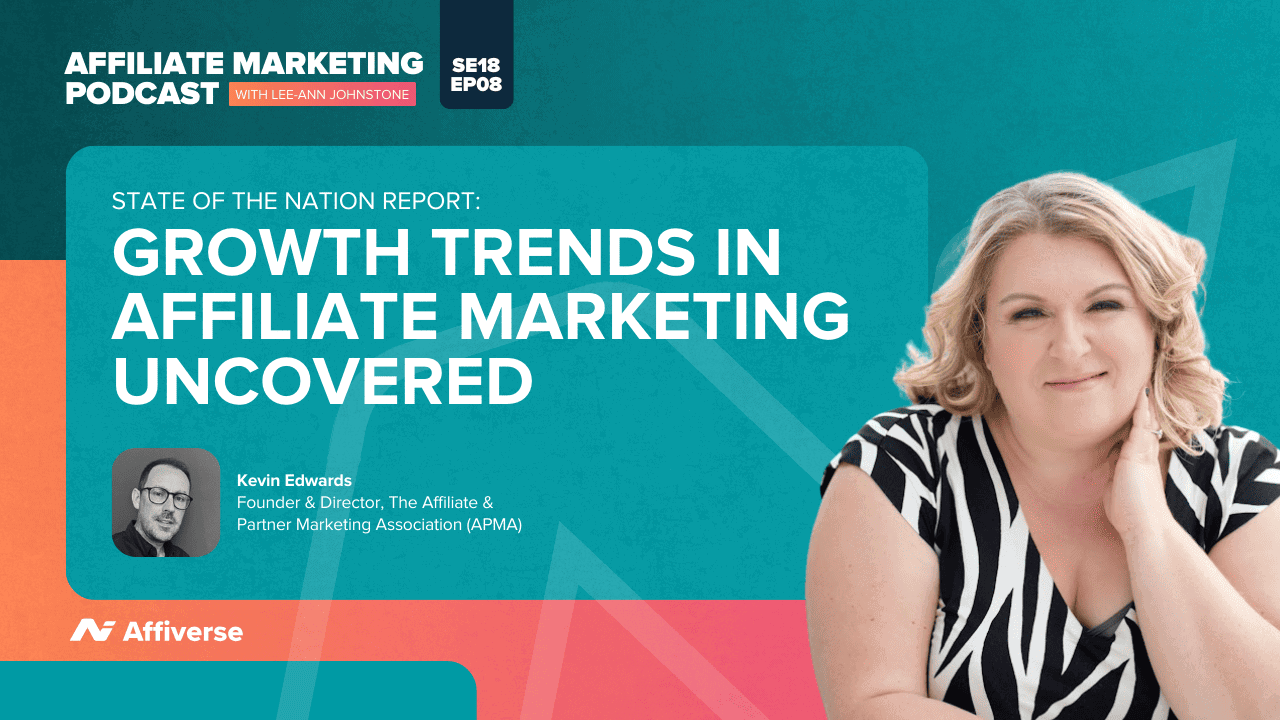We continue with the second half of our conversation featuring guests, Emily Leeb, CEO of Saroca and Claire Adamou, VP of Development at Saroca. They talk to Lee-Ann about affiliate manager burnout – how to recognise the signs, how to handle the signs, and how to approach these things with your manager. We have received a tremendous amount of praise for this important topic being under the spotlight and the relatable insights shared by Emily and Claire. So, let’s waste no time in learning from part two….
Listen in here for all of the insights…
What did you learn from your results?
Last week, we were given a resource to measure our own results when it comes to measuring burnout levels. What was your Burnout Assessment score? You can access the Burnout Resource Guide here. Emily explains, “So now that we’ve got our results, let’s talk a little bit about what do we do from here?
“When we look at ways that we deal with stress, there are usually two types of ways that one will engage in stress management. One is the more passive stress management tools and some are active stress management tools.
“The difference between the two is when we engage in passive stress management, the stress, the issues, the signs of burnout, they’re still going to be present after we’ve engaged in this passive stress management. So, passive stress management looks like: binging Netflix, excessive substance use, junk food, overeating, getting yourself highly caffeinated, complaining and gossiping.
“We really want to look at what kind of a culture are we creating in our organisation because I like to say that culture exists in the interactions that we have with the people that we work with. That’s where culture exists. So when we have a culture of complaining and gossiping, man, you’re on the track, your whole team’s on the track of burnout. We want you to avoid all this. Mindless scrolling, gaming, gossiping, these are all ways that we temporarily soothe, but the actual stress will still be there when we finish engaging in those activities.”
How do we advocate for ourselves?
Lee-Ann asks, “What’s that step that we need to think through before we can make that courageous leap and actually go and tell somebody, hey, I’m not okay?”
Emily replies, “As we talked about earlier, the first step is self-awareness. Are you being honest with yourself with where you’re at? Are you aware that you’re operating too much in your zone of competence or incompetence? If you’ve cultivated that awareness and you know there’s some action needed or there’s some different habits, different routine, or even maybe it’s just a day that you think you need, right?
“What we want to do, and you just did this actually Lee-Ann, in the way that you just described this example, you use this formula that we teach, which is called SBIA, and it stands for Situation Behaviour Impact Agreement. So, the formula is identify the situation (describing the where and the when). Over the last few months, I’ve been working 12-hour days and you’re describing the behaviour.
“So what did you do? What were just the facts, right? I’ve been working 12 hours a day over the last few months. Then you want to share the impact. The impact on me is I notice I’m not as sharp when I’m replying to emails. I notice that I’m not performing at my best. I notice that it’s taking me longer to do things. I notice that I’m feeling very tired and it’s impacting my performance.
“Then we want to move into an agreement. So it’s like creating some kind of a plan or an agreement where both parties are buying in everybody’s understanding of what needs to be done. Maybe you’re asking for an extension on a deadline. Maybe you’re requesting a personal day, but there is an action, an agreeable action inside of the request based on the situation that you’ve been in, the behaviour that it’s deploying, the impact that that behaviour is having and how you’d like to mitigate it.”
Zone of Genius
Claire states that, “One of the things that I’ve talked to a couple of the recruitment agencies about over the years is that people don’t always just leave – people don’t just leave a job because they step up. People quite often will move from being an affiliate manager at one brand to being an affiliate manager at another with no clear increase. They’re not becoming a team lead. They’re not becoming an owner. I think quite often that is because the culture in the business doesn’t suit them or they don’t feel supported. They don’t feel heard. They don’t feel like they have a voice. I’ve seen it so much.
“Quite often when you are feeling stressed, you’re not in the flow like Emily was saying – you’re not in your zone of genius. Why don’t you look at that? Look at the part of your role that is causing you the most stress.”
Access Your Burnout Resource Guide Here
If you missed Part One of this conversation, you can catch-up here.
Listen to find out more about:
- Managing Stress With Active Techniques
- Advocating for Yourself
- Elevating Emotional Relationship Building
Key segments of this podcast and where you can tune in to go direct:
[02:45] Practical tips to manage stress
[10:10] 140 minutes, every seven days!
[11:54] The SBIA Formula – Situation Behaviour Impact Agreement
We’ve Hit 250,000 Podcast Downloads!

This achievement wouldn’t have been possible without our amazing listeners, supporters, and the incredible guests who have shared their insights and stories with us.
To each and every one of you who has listened, shared, and engaged with our podcast, THANK YOU! Your support means the world to us and drives us to continue delivering valuable content that inspires, educates, and entertains.
Rate, Review & Subscribe on Apple Podcasts
“I love Affiverse’s Affiliate Marketing Podcast.” <– If that sounds like you, please give us a 5 Star rating here! Taking the time to do that, helps us support more people in our community to access digital and affiliate marketing insights, expert lead learnings and allows us to share the latest online marketing tactics that help Affiliate programs and businesses to grow.
Click here, scroll to the bottom, tap to rate with five stars, and select “Write a Review.”
Also, if you haven’t done so already, subscribe to our weekly newsletter and never miss out on FREE insights and training.
Subscribe to our podcast HERE!
















